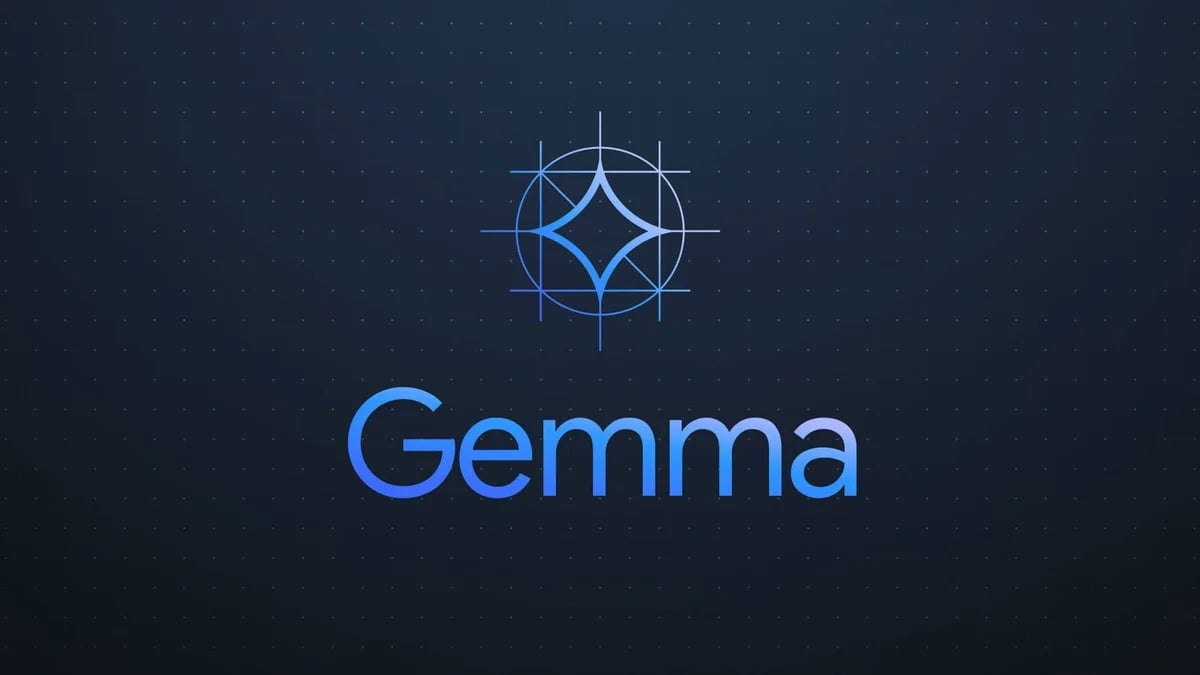
Google recently unveiled Gemma, a family of linguistic models light and open machine learning tools, marking a further step forward in the field of artificial intelligence. With the launch of the models Gem 2B e Gem 7B, the company opens new avenues for commercial use and research in the field of generative artificial intelligence.
What is Google Gemma and what it can do in the field of AI
The release of the Gemma models follows closely on launch of the Gemini models. These new models, defined by their lightness, were designed to be directly inspired by their Gemini predecessors, while maintaining strong independence in terms of applicability and functionality. The initial availability of Gemma 2B and Gemma 7B marks the pinnacle of this new direction, with Google aiming to democratize access to artificial intelligence resources.
Google did not provide in-depth details on how Gemma's performance compares to similar models offered by other companies such as Meta e Mistral. However, he stressed that these models represent the “non plus ultra” in terms of technology, adopting a similar structure to that used for the Gemini 1.5 and PaLM. It is expected that detailed benchmarks will be published later, giving the community a clearer view of the capacity di Gem.
To facilitate the adoption and exploration of Gemma, Google is making notebooks available to developers COLAB e Kaggle ready to use, as well as integrations with well-known platforms such as hugging face. This accessibility allows developers to quickly start working with Gemma models, exploiting its potential for tailor-made training and tuning.
Despite the emphasis on openness, it is important to note that Gemma models they are not open source in the traditional sense. During a press briefing, Janine Banks of Google clarified the company's commitment to open source, but underlined a distinction in the way Gemma is presented to the public. Open access to models allows developers to use them for inference and customization, but specific terms of use, including redistribution and ownership of developed variants, vary depending on the model's terms of use.
The generative quality of Google Gemma models has been significantly improved, as reported by Tris Warkentin by Google DeepMind. This advancement opens up new possibilities in the field of AI application development, enabling operations not only on cloud platforms but also directly on the devices of developers.








